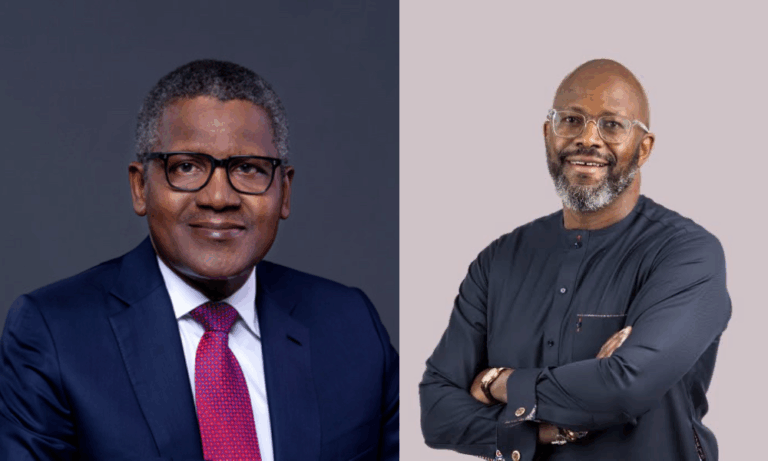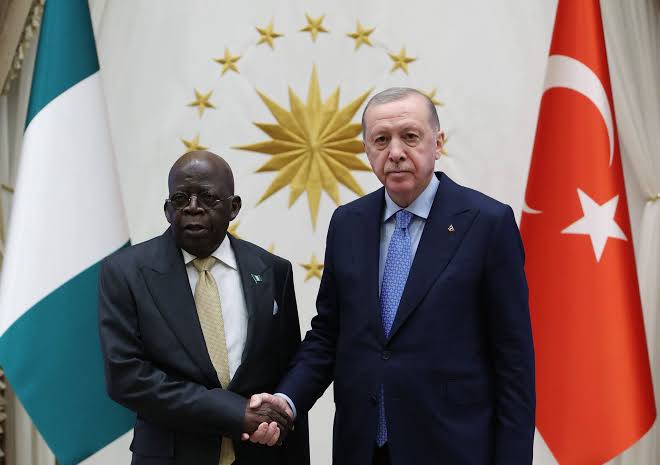The Association of Bonded Terminal Operators of Nigeria has raised concerns about the negative impact of the 2006 port concession policy on indigenous bonded terminal operations.
ABTON’s General Secretary, Haruna Omolajomo, emphasized that the policy’s failure to adequately integrate local content has led to a decline in the state of bonded terminal operations in Nigeria, threatening investments in the sector.
This was recently disclosed by Omolajomo in Lagos at the 2024 Portnews Summit, themed “Port Reforms and Local Content: Has Nigeria Fared Well?”
Omolajomo, the managing director of Harsecom Logistics Limited, highlighted the industry’s struggles with neglect and marginalization.
He painted a grim picture of the sector, attributing these challenges to the lack of support and integration of local content in the Federal Government’s 2006 port concession policy, which has worsened the situation for indigenous bonded terminal operators.
“From 2001 to 2008, bonded terminals contributed over N1bn annually to government revenue, operating at 80-100 per cent capacity. Today, that contribution has dropped to N300m annually, with most terminals running at less than five per cent capacity,” he stated.
Omolajomo stated that despite their significant contributions, bonded terminal operators have been sidelined since the 2006 port concessions, which favored foreign concessionaires providing door-to-door services.
He labeled this situation as economic sabotage, pointing out that five of the 25 bonded terminal operators active in 2006 have shut down due to overwhelming debts.
He warned that without intervention, bonded terminal operations in Nigeria could face extinction.
“The port reforms have failed to foster the growth of local content; instead, they have led to economic recolonisation,” he said.
He urged the Federal Government to review its agreements with concessionaires to ensure the protection of local content and safeguard the investments of indigenous operators.
Meanwhile, the Publisher and Editor-in-Chief of PortNews, Wale Oni, recognized the important role of off-dock terminals and inland container depots in easing port congestion.
He also addressed the impact of the 2004-2006 port reforms under President Olusegun Obasanjo, which privatized key port terminals and transferred control to foreign concessionaires.
Oni criticized these reforms for marginalizing Nigerian-owned bonded terminals and inland container depots.
In his remark, the Chairman of Integrated Oil and Gas Ltd, Captain Emmanuel Iheanacho, stated that the port reform process, which began in 2005, had successfully attracted private sector investments in port and terminal operations, enhanced infrastructure, and improved overall efficiency.
He added that the development of local content in the maritime sector had been slower to progress.









